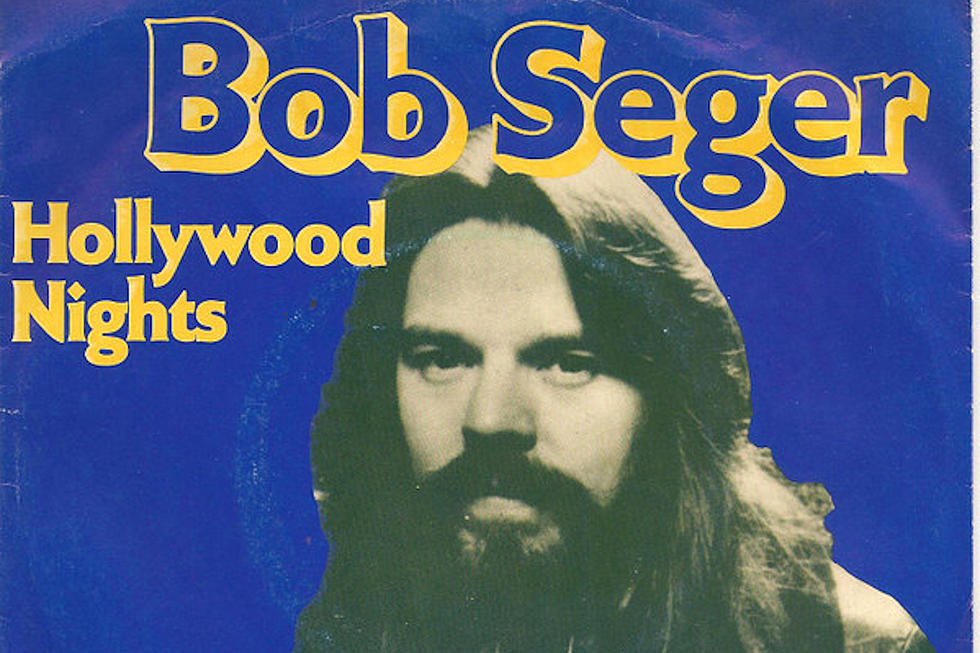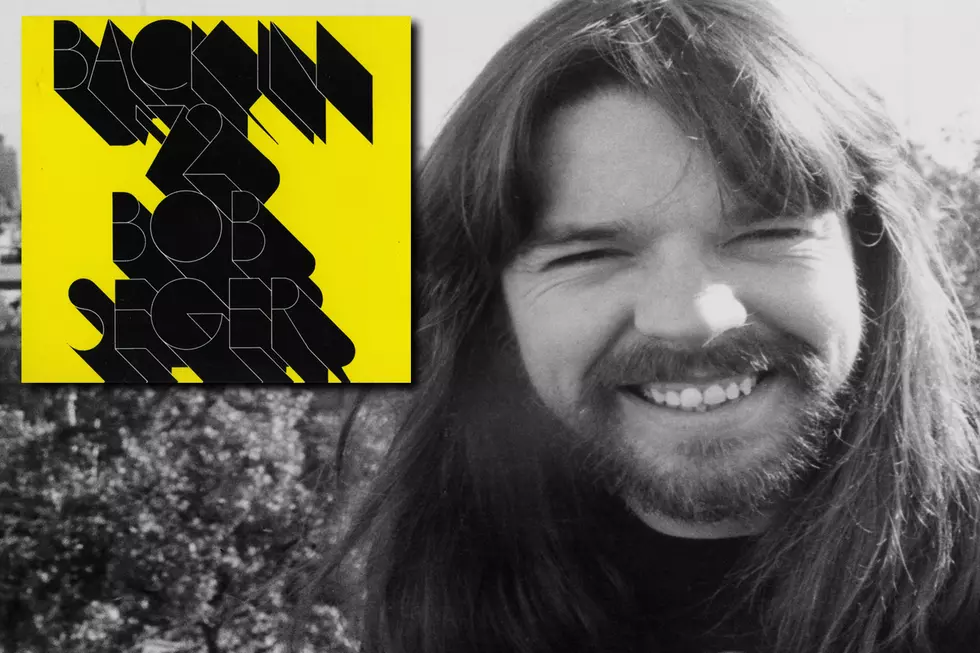
Weekend Songs: Bob Seger, ‘Lucifer’
Classic rock is about heavy hooks, power chords and tight harmonies. But it’s also about letting loose and enjoying the good times. And there’s no better time for that than Friday evening, when we pick up our paycheck, punch out of work and enjoy a couple days of much-needed rest and relaxation.
This weekend, we're taking a fond look back at an early side of one of rock's better-selling, but perhaps most misunderstood, catalogs: 'Lucifer,' originally released in 1970 as part of the Bob Seger System's 'Mongrel' album. Although his bestselling work is mostly remembered for its nostalgic odes to Main Street America and contemplative looks at grown-up love, Seger started his career as an amplifier-fueled soul belter, and nowhere is that clearer than on this oft-overlooked LP.
Though the song came out only two years after Seger's breakthrough hit 'Ramblin' Gamblin' Man,' he endured a career's worth of upheaval in the interim; in fact, he was so displeased with the Seger System's previous album, 'Noah,' that he briefly broke up the band and contemplated quitting music altogether. Battling Capitol Records executives who wanted the group to serve as a showcase for band member Tom Neme, Seger jettisoned Neme and re-emerged with a new, leaner lineup for 'Mongrel.' Perhaps not coincidentally, the record ended up containing some of his grittiest, nastiest songs.
'Lucifer,' the album's only single, is a perfect case in point. Like a lot of Seger's songs, the ingredients are simple but effective: a classic blues chord progression, a choogling organ riff and a pounding rhythm section, all topped off by a howling vocal that ranks among his rawest. It's short and blunt, but the arrangement shakes and swerves just enough to distinguish the track from some of the less memorable stuff in the back of Seger's vault.
The lyrics, meanwhile, are a classic slice of rock 'n' roll tomcatting. The song's protagonist talks about "wastin' time and drinkin' wine" while "checkin' all the hen houses out along the way." As Seger puts it in one particularly direct line, "Courtin' all the lovely foxes, brunette, redheads, goldilocks / Talkin' time to grind my crosscut saw." Rude? Perhaps. Seger's explanation? "You can call me Lucifer if you think you should / Now I know I'm good."
Unfortunately for the Seger System, 'Lucifer' failed to gain much traction on the chart, stalling out at No. 84, while 'Mongrel' rose no higher than No. 171. Still, it represented another incremental step forward in what would eventually become one of rock's most enduring careers. As Seger later recalled, "The 'Mongrel' album was very big for about six months there [in Detroit]. It was also huge in Florida. We got something like $15,000 a night there, which was ridiculous for us in those days, because we'd go into Georgia or some place the next night and make $500 tops. And the club owner probably lost money on us at that price."
More people would have to lose money on Seger before his career truly started to take off. Even though he remained a solid draw in regional markets, he wouldn't get his first taste of lasting mainstream success until the release of 'Live Bullet' in 1976, and by the time he cemented his status as a headlining act with 'Night Moves' later that year, his sound had mellowed and matured. And while 'Mongrel' remains relatively hard to find on CD (used copies go for at least $25 online), it costs nothing at all to listen to 'Lucifer,' which we've helpfully included above. So while you're waiting for 5PM to roll around, just lean back your chair, hit the 'play' button, turn up your speakers and let the weekend start ... now.
More From Ultimate Classic Rock









